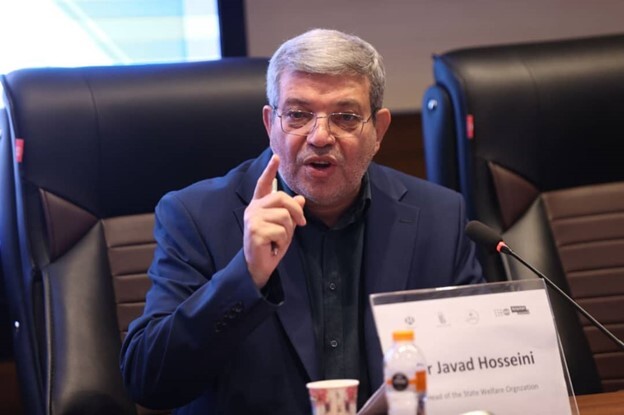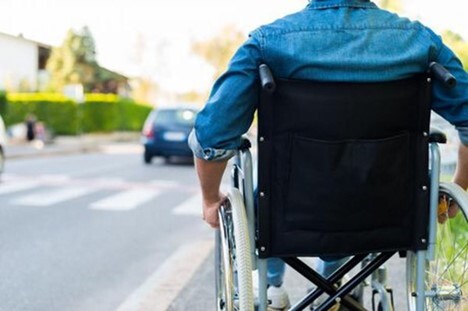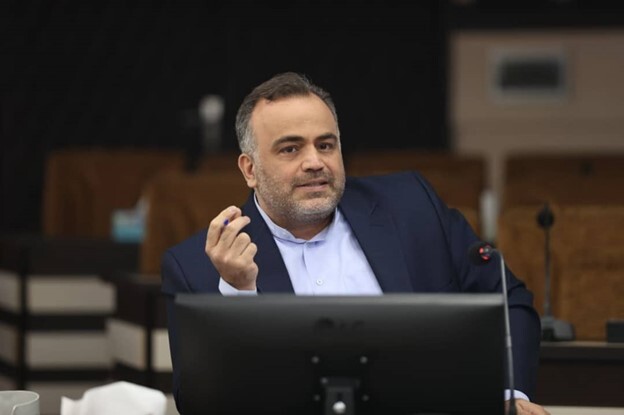An opportunity for Iran to advocate for the rights of persons with disabilities

The theme of the 18th session is enhancing public awareness of the rights of persons with disabilities and their contribution to social development leading to the World Social Summit.
Dr. Hosseini, as the head of the institution responsible for policymaking, planning, and implementing the government’s duties toward persons with disabilities (Iran’s Welfare Organization), will represent the Islamic Republic of Iran. He will deliver two speeches at the UN headquarters in the presence of representatives from 185 member states of the convention.
His first speech, within the framework of the general discussion, is scheduled for 3:00 PM on the first day of the session (Tuesday, June 10), and his second speech, as part of an interactive dialogue among member states, will take place at 3:00 PM on the third day (Thursday, June 12).
The need for an efficient ecosystem and dignified life for persons with disabilities
The head of the Welfare Organization has repeatedly emphasized the necessity of creating an efficient, hopeful, and socially inclusive ecosystem to provide better services to Iran’s disabled community.

Alongside public participation and systematic, comprehensive management in building this ecosystem, the completely illegal U.S. sanctions, which have impacted the lifestyle of persons with disabilities in Iran, must be overcome. Participation in international forums and highlighting the challenges caused by these oppressive sanctions is one of the essential conditions for achieving this critical goal.
An opportunity for Iran’s advocacy
Undoubtedly, the presence of the head of Iran’s Welfare Organization at the annual CRPD session not only provides a platform to share Iran’s valuable experiences regarding its disabled community but also serves as an opportunity for the Islamic Republic of Iran to advocate against the oppressive sanctions targeting the country’s 10 million-strong community of individuals with various disabilities, affecting their personal and social lives.

These cruel sanctions have drastically increased the costs of assistive devices and specialized services, severely undermining the economic capacities and capabilities of those reliant on such services. Independent living, equal access, public education, and social participation are among the fundamental rights of persons with disabilities in various societies, including Iran.
While pragmatic and effective measures have been taken through public participation, citizen support, and management by the Welfare Organization, the undeniable impact of these oppressive sanctions cannot be ignored.
One of the key issues to be addressed during multilateral and bilateral consultations between Iranian representatives and other parties at the New York session is these oppressive sanctions, with a focus on narrating their impact using statistics, evidence, and data that Welfare Organization officials are well-versed in.
We have come to the session with full hands
Dr. Saeed Khademi, Director of Public Relations and International Affairs at the Welfare Organization, who is present in New York, spoke of the delegation’s determination to defend the rightful rights of Iran’s disabled community and advocate against the violation of the rights of these dignified but vulnerable individuals due to the U.S.’s oppressive sanctions.

He emphasized: “A dignified life, non-discrimination, and access to services and social education are among the rightful rights of our dear disabled community in Iran. The U.S.’s unilateral sanctions have doubled the medical and service-related concerns of Iran’s extensive disabled community, creating challenges for their effective social and personal lives. The U.S. claim that medicines and essential medical supplies are exempt from unilateral sanctions is entirely false. In such circumstances, our presence at the annual disabilities’ session provides an opportunity to directly and concretely address the scope and depth of these oppressive sanctions and their impact on the dignified lives of persons with disabilities. We have come to this session with full hands, and the esteemed head of the Welfare Organization will, through intensive meetings and consultations with representatives of other countries, precisely raise this issue and identify solutions to address it.”
According to the Welfare Organization’s Public Relations Office, Dr. Hosseini will also hold meetings and discussions with representatives of member states and directors of international organizations active in the field of disabilities on the sidelines of the session.